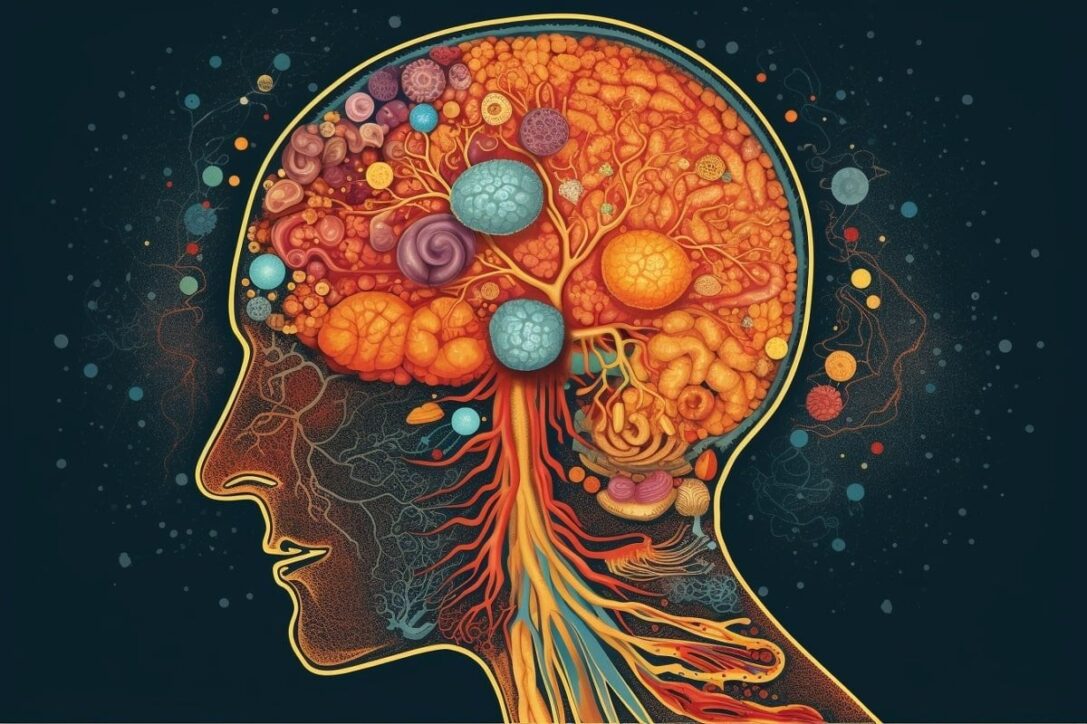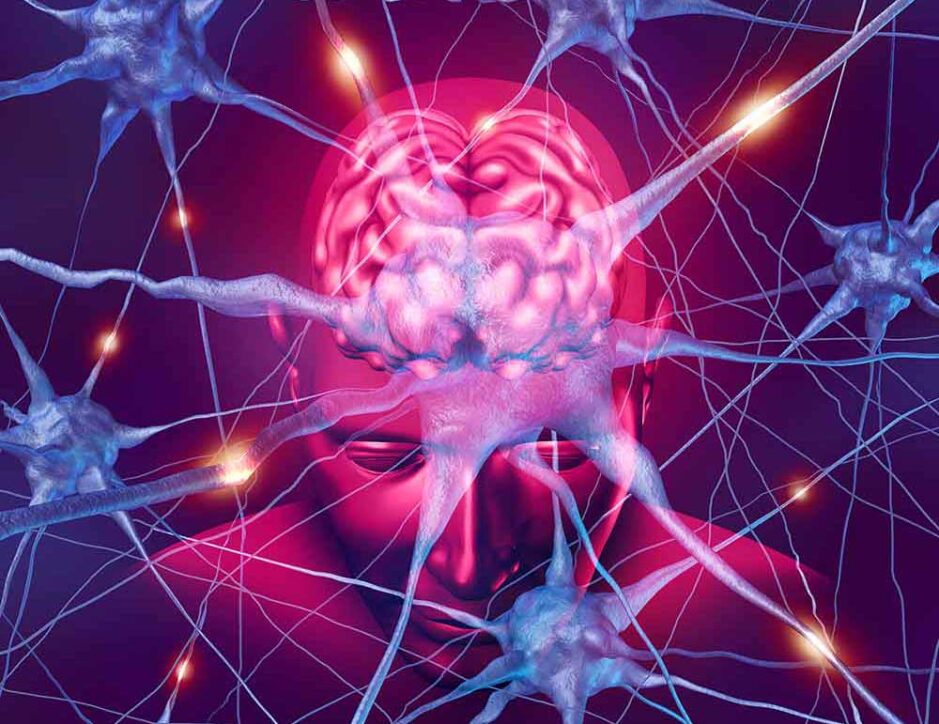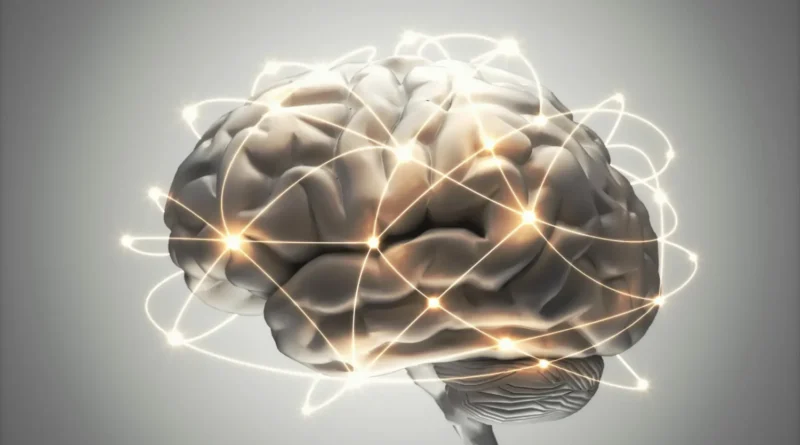Unlocking the Mind-Body Connection: Exploring Integrative Neurology
Integrative neurology is a multifaceted and inclusive discipline, focusing on a comprehensive understanding of the mind-body connection, an intricate link between mental and physiological phenomena. It brings together diverse medical fields to present holistic insights and treatment methodologies, emphasizing the interconnectedness of neurological, psychological, and overall health. This sophisticated field recognizes that to fully understand and address neurological conditions, one must look beyond mere symptoms, exploring the interplay between emotions, thoughts, and physical well-being. This post aims to delve deeply into the essence, principles, and multifarious applications of integrative neurology. We will traverse through its historical roots, foundational principles, diverse treatment modalities, and look towards its promising future, offering a coherent and enlightening exploration for a wide array of readers.
Historical Perspective

The genesis of integrative neurology leads us back to the dawn of civilization when ancient societies intuitively recognized the inseparable nature of the mind and body, a realization that formulated the basis of early healing practices. Renowned figures such as Hippocrates and Avicenna were seminal in laying the groundwork for medical knowledge, promulgating concepts that resonate profoundly with the essence of contemporary integrative approaches. The amalgamation and evolution of their pioneering thoughts have solidified the foundations for modern-day integrative neurology, harmonizing ancient wisdom with contemporary science. By appreciating these historical developments, one can discern the evolution of integrative neurology as an amalgam of ancient insights and modern scientific rigor, paving the way for a holistic understanding of human health and wellness.
Understanding the Mind-Body Connection
The concept of the mind-body connection is a riveting convergence between psychological states and physiological occurrences. It portrays an incessant, dynamic interaction between cognitive realms and bodily mechanisms. The implications of this interaction span across various domains of human experience, elucidating how stress can manifest physically or how chronic ailments can alter mental states. A thorough exploration of these intricate correlations is pivotal in unlocking the mysteries of human health, shedding light on the complex tapestry of elements that constitute our existence. By unraveling these connections, integrative neurology offers a panoramic view of health, providing nuanced insights into the delicate balance and symbiosis between the mind and the body.
Core Principles of Integrative Neurology
The core principles of integrative neurology revolve around a multifaceted and holistic approach to health and wellness. This perspective encourages a comprehensive exploration of individuals, recognizing the interdependence between neurological, psychological, and environmental factors. It promotes the view that understanding and addressing neurological conditions necessitate an exhaustive examination of the individual, focusing not only on alleviating symptoms but also on identifying and addressing underlying causes. By integrating various medical disciplines and therapeutic interventions, integrative neurology seeks to restore balance and foster optimal health, acknowledging the intrinsic complexity and uniqueness of each individual. This approach underscores the importance of personalization and adaptability in healthcare, advocating for a paradigm shift towards more inclusive, patient-centered care.
Conditions Addressed by Integrative Neurology

Integrative neurology excels in addressing a wide array of neurological and neuropsychological conditions. It provides innovative solutions for conditions such as migraines, cognitive impairments, and mood disorders, harnessing the power of holistic interventions. By addressing the multifactorial origins of these conditions, integrative neurology enables a deeper comprehension and a more effective approach to treatment. For instance, a holistic approach may illuminate how lifestyle, dietary choices, and psychological stress contribute to the manifestation and exacerbation of neurological conditions, allowing for the formulation of tailored, multifaceted treatment plans that consider the entirety of the individual’s context and needs.
Assessment and Diagnosis
The diagnostic process in integrative neurology is characterized by an in-depth and comprehensive assessment of the individual. It involves a meticulous evaluation of medical history, lifestyle, psychological state, and environmental factors, enabling the identification of the multidimensional aspects influencing health. The insights garnered from this extensive assessment inform the creation of personalized care plans, designed to address the unique needs and circumstances of each patient. This emphasis on individuality ensures a more nuanced and effective approach to treatment, focusing on restoring balance and enhancing the overall well-being of the individual. By adopting such an exhaustive and personalized diagnostic approach, integrative neurology emphasizes the importance of understanding the individual as a whole, paving the way for more targeted and successful interventions.
Treatment Modalities
In integrative neurology, a plethora of treatment modalities are harnessed to address the multifaceted nature of neurological conditions. These include, but are not limited to, neurofeedback, nutritional interventions, lifestyle modifications, and cognitive-behavioral therapies. Each of these modalities offers a unique approach to restoring balance and enhancing neurological function. For instance, neurofeedback can optimize brain function by promoting adaptive neurological patterns, while nutritional interventions can address imbalances and deficiencies contributing to neurological impairments. These diverse treatment options exemplify the adaptability and comprehensiveness of integrative neurology, highlighting its commitment to addressing the myriad factors influencing neurological health.

Mind-Body Techniques
Mind-body techniques occupy a significant role in the realm of integrative neurology. Practices such as meditation, yoga, and mindfulness meditation are pivotal, offering a multitude of benefits, from enhancing cognitive function to reducing stress. These techniques foster a heightened awareness of the present moment, cultivating a harmonious balance between the mind and body. By emphasizing the importance of mental tranquility and self-awareness, these practices contribute substantially to the holistic and patient-centered approach of integrative neurology, providing individuals with practical tools to enhance their well-being and navigate the challenges of life more effectively.
Nutrition and Brain Health
The intersection between nutrition and brain health is integral in integrative neurology. Nutritional choices have profound implications on neurological well-being, influencing cognitive function, mood, and overall brain health. A balanced and nutrient-rich diet can act as a catalyst for optimal brain function, fortifying the brain against degenerative conditions and cognitive decline. Integrative neurology provides comprehensive dietary recommendations, emphasizing the consumption of nutrient-dense foods rich in antioxidants, omega-3 fatty acids, and vitamins, to support and enhance neurological resilience and function.
Lifestyle Factors

Lifestyle plays a crucial role in shaping the mind-body connection. Factors such as sleep quality, stress management, and physical activity level significantly impact both mental and physical health. By adopting healthier lifestyle habits, individuals can fortify their mind-body connection, enhancing resilience against neurological conditions and optimizing overall well-being. Integrative neurology offers insightful guidance on lifestyle modifications, focusing on cultivating habits that bolster neurological health, such as regular physical activity, adequate sleep, and effective stress management strategies.
Looking to the Future
The future landscape of integrative neurology is promising, marked by potential advancements and emerging trends. The field is poised to continue evolving, incorporating novel technologies, research findings, and therapeutic interventions to further refine its approach to neurological health. The ongoing exploration of the mind-body connection and the development of innovative treatment modalities are anticipated to propel integrative neurology to new heights, fortifying its role as a pioneering force in the realm of holistic healthcare.



